Aussie track coaching: Generation change the 'X factor'
Youth brigade start taking charge in guiding young riders
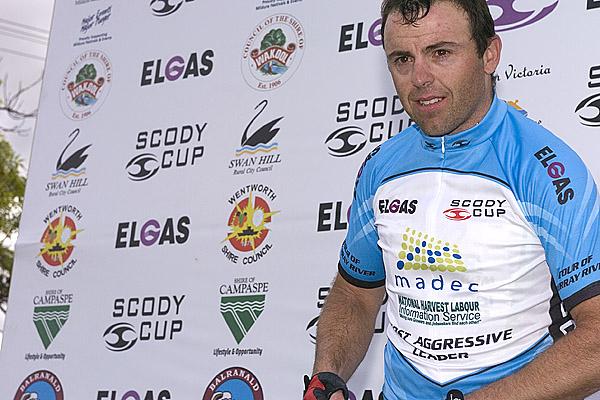
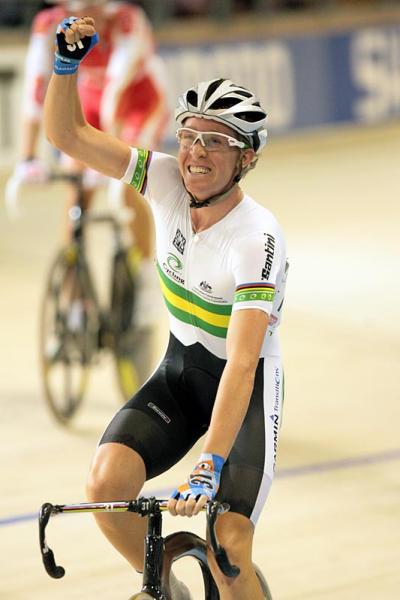
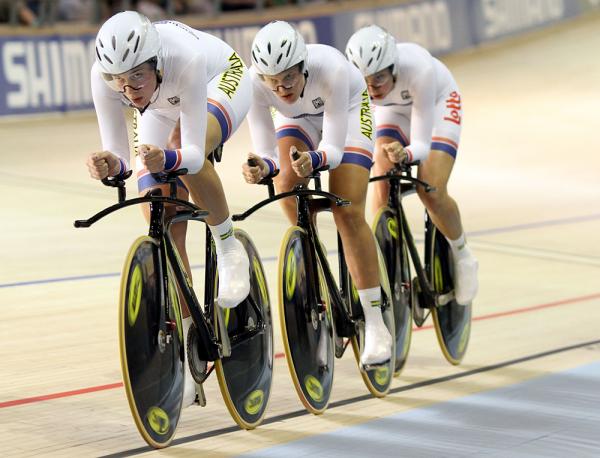
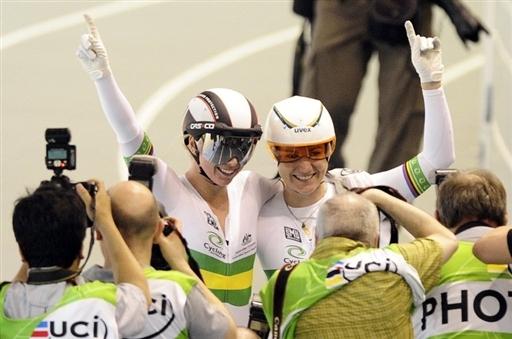
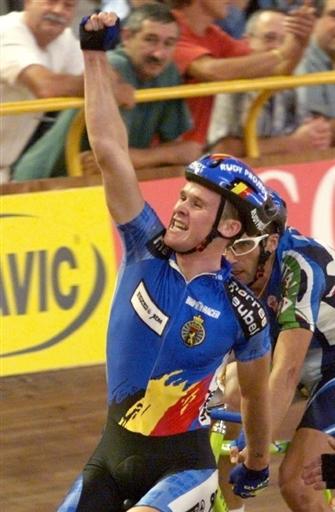
While Australia's best riders are on display at the UCI Track World Championships in Copenhagen, Denmark, several of the nation's best young coaches are plying their trade in a generational shift for coaching in the country.
The likes of Tim Decker, Matt Gilmore, Scott McGrory and Sean Eadie were all elite riders of note, Olympic and world champions, and respected figures in Australian cycling. Each has now established themselves in the coaching ranks and making their working 'home' in the nation's sporting institutes.
Coaching on the road
While there are periodic calls for a generational shift in the administration of cycling, there's already been one in the coaching ranks. South Australian Sports Institute (SASI) head track cycling coach Tim Decker believes that despite a perception dictating that entering the elite technical staff is 'difficult', a motivated individual with the right knowledge can do it.
The Victorian is an example of this, running his own coaching business - Decked Out Coaching - for many years, with a number of Australia's brightest young stars utilising his services to great success. He also worked as the head coach of the Australian junior track team between 2005 and 2008.
"Now the older generation is more receptive to the younger generation and realise that it's time to pass on some of the knowledge they have, especially guys like Shayne Bannan and Kevin Tabotta, who are looking to the younger generation to learn and improve," says Decker.
The aforementioned Tabotta is an example of a coaching progression; he's still young, and having worked with the Tasmanian Institute of Sport he moved to the role of high performance manager with Cycling Australia, a job he has held for several years.
Get The Leadout Newsletter
The latest race content, interviews, features, reviews and expert buying guides, direct to your inbox!
It's a similar situation in Great Britain, with the track squad overseen at the Beijing Olympics by Dave Brailsford, who is also young and enjoyed massive success in 2008. He's now in charge of Team Sky's efforts this season and is already proving adept at that undertaking.
Decker quickly adds a warning for those considering a higher-profile coaching role, however: "An important thing to remember is that everybody's replaceable."
While Decker still races locally in Adelaide (and is still a tough competitor), he uses the combination of youth and experience out on the road with his charges; there are plenty of tales from tough sessions courtesy of some of the SASI riders.
"It's important to be younger and head out on the road with the riders because I can better relate to them," says Decker. "The secret is in the communication. South Australia has one of the best training facilities in the country but often lacks the amount of racing required by elite riders.
"The first part of my coaching is to start to teach them to race properly; learning when to do certain things in certain situations,” he adds. “I've learnt a lot from my junior worlds campaigns, plus the study I've done on European track racing and bunch racing. I've also learnt a lot from [national track endurance coach] Ian McKenzie.
"With a very young team like I've got, the overall message I have to instill is self-belief."
The Six-Day veteran
Matt Gilmore found himself in a different situation to Decker when he joined the Tasmanian Institute of Sport (TIS) three years ago. A broken leg forced him into retirement and the logical decision was to take up coaching. Watching him in action, it's obvious that the Belgian-born nephew of the legendary Tom Simpson is a natural.
"It's been about three-and-a-half years since I stopped racing so when I began, some of the guys in the institute knew me as a competitor because I'd ridden against them at nationals and world cups," he explains.
"My plan had been to go to Beijing as an athlete and then become a coach. I'd had contact with Shayne Bannan and Kevin Tabotta and when I broke my leg I sat down and had a chat and through that meeting I decided it was time to stop."
While Gilmore was widely admired for his racing during his career, the role of coach is a generally thankless task. The 37-year-old isn't aiming for accolades, however, preferring to watch the success of his young riders and enjoy what they are able to achieve.
And as part of his job he advises the likes of Cameron and Travis Meyer, Leigh Howard and Glenn O'Shea, helping the latter two negotiate a ride in the Six-Day races in Europe and guiding them through world championship campaigns. From this quartet he already has two world titles, with Cameron Meyer taking the points race and Howard the omnium in Warsaw last year, while Meyer has already defended his title in Denmark this week.
"I love the role I have at the moment as it allows me to give back to the sport," he says. "I've got a good blend in terms of what I do - there's the pure development aspect at the TIS and the expertise I lend at the national level; advising the likes of the Meyers, Leigh Howard and Glenn O'Shea.
"They're inspiring guys to be around and I learn from the athletes - you'd be pig-headed if you didn't listen and learn from the athletes."
As for the future, Gilmore says that the search for new talent never stops, particularly in the women's ranks, where there's a strong emphasis on boosting the nation's stocks both on the road and the track.
"We've put a big red flag on youth development - working with Tammy Ebert and the National Talent ID programme which has identified 15 young athletes with some very recently beginning cycling," he explains. "As a result of good work by the state body we've produced some terrific riders, and hopefully there are more to come."
If last night’s team pursuit victory by Ashlee Ankudinoff, Sarah Kent and Josephine Tomic – all of whom are 20 years old or younger – is any indication, Australian track cycling’s future is in good hands.